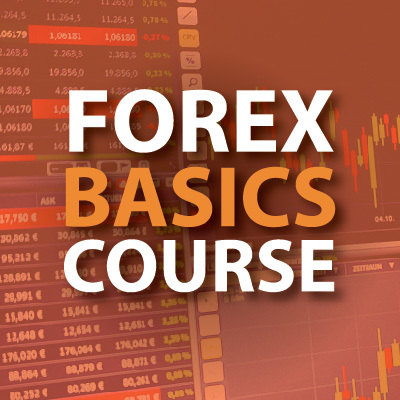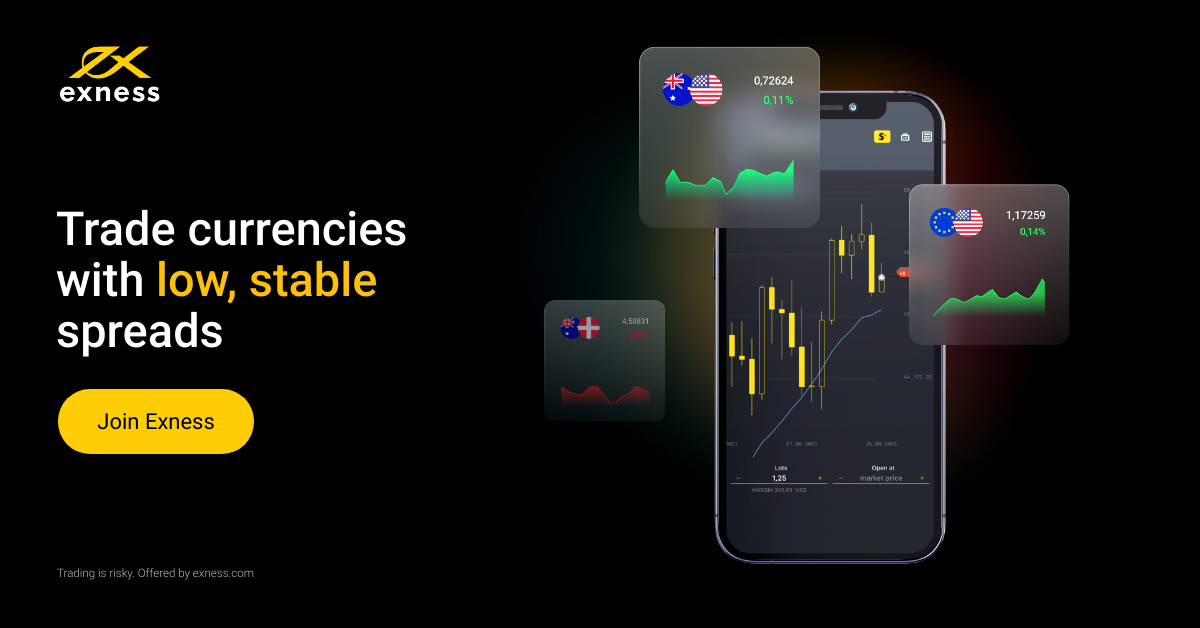
Understanding the basic of Forex terms
We’ve already given you a brief introduction to the world of Forex trading, and now it’s time to discover some of the unusual and unique terms you are certain to encounter. Without this knowledge you won’t be able to fully understand everything you read about the industry, and it’ll certainly help when it comes to looking for top online Forex brokers. And it also means we won’t have to keep going back and explaining some of the terms we choose to use here.
Exchange rate – This is the value of one currency expressed in terms of another. For example EUR/USD is 1.1121, which means that one Euro is worth US$1.1121.
Pip – This is a measurement of the movement a currency can make, and one pip is the smallest movement possible. It is also called a point or points.
Margin – This refers to the amount required to keep a position or foreign trade open. There are two types: a used margin and a free margin. The used margin is the amount being used to keep an open position, while the free margin is the amount available to open a new position. Let’s give you an example so you have a better understanding. Say, for example, a trader has a £1,000 margin balance in their trading account, and there is a 1% margin requirement to open a position. This trader can buy or sell a position worth up to £100,000. This gives the trader a leverage ratio of 100:1. Should a trader’s account fall below the minimum required to keep a position open, they will receive a ‘margin call’. This means more money needs to be added to
the trading account, or the open position has to be closed. Even top Forex brokers could decide to automatically close a trade when the margin balance falls below the minimum requirement. The minimum amount will vary between broker, but it could be as much as 50%.
Leverage – Leverage allows a trader to gear their account into a position greater than their total account margin. In the example above, the leverage was 100:1. Let’s look at another example. Say, for example, a $300,000 position is opened with a £1,000 margin in the trader’s account. Leverage in this case would be 300 times, or 300:1. We should mention that leverage can increase gains, but it can also increase losses.
Spread – This refers to the difference between the bid and offer price, or the buy and sell quote.
Bid and ask price – The bid is the price the market or broker quotes for buying a specific currency pair. The ask price is the price the market or broker quotes for selling a specific pair. The difference between these two prices is called the spread, and varies from broker to broker
Now you have a little bit more knowledge regarding some of the most important Forex terms, let’s take a look at the most common currency pairs and help you to understand a quote
Understanding FX currency pair quotes
The major Forex currency pairs and their nicknames are:
USD – US Dollar
EUR – Euro
JPY – Japanese Yen
GBP – British Pound
CHF – Swiss Franc
CAD – Canadian Dollar
AUD – Australian Dollar
NZD – New Zealand Dollar
EUR/USD – “Euro”
USD/JPY – “Dollar Yen”
GBP/USD – “Cable” or “Sterling”
USD/CHF – “Swissey”
USD/CAD – “Dollar Canada”
AUD/USD – “Aussie Dollar”
NZD/USD – “Kiwi”
USD/JPY – “Dollar Yen”
GBP/USD – “Cable” or “Sterling”
USD/CHF – “Swissey”
USD/CAD – “Dollar Canada”
AUD/USD – “Aussie Dollar”
NZD/USD – “Kiwi”
The skills you’ll need to become a successful participant in the world of Forex trading online
The world of Forex offers amazing opportunities for people to make money. However, we should point out that there are also amazing opportunities for people to lose money too. As with any form of investment prices can go down as well as up. There are ways to increase the chance of winning big, but there is no sure fire way for 100% success. There are a number of skills required that will help anybody considering trading Forex online. We’ll give you the list, but then you have to decide whether you’ve got them.
- Be able to accept a loss without getting emotional
- Be confident in your own ability and your trading strategy, and to not be afraid
- Forex trading requires dedication
- A successful trader is one who can remain calm and unemotional, even when the market is really tempting
- The ability to concentrate and not be led off track is vital
- A certain level of objectivity and straight forward thinking is vital
- FX traders need to be well organized in order to forge and reinforce good habits
- Patience is required
- You should be a realist and not think that FX trading is going to be the answer to your financial woes, or make you a millionaire overnight
- A certain amount of knowledge is required in order to take advantage of a trading edge when it arises, as well as keeping abreast of what is happening in the FX market
- You should be in control of all your trading decisions, at all times, and avoid over-leveraging your trading account
- The benefits of trading the Forex market
- As with any form of investment there are disadvantages and advantages of participating. First we’ll look at the benefits.
- Forex trading online means you are free to trade anywhere in the world, provided of course you have a reliable internet connection
- Low charges and fees, compared with trading stocks and commodities
- There are fewer currency pairs to concentrate on, than the large numbers of stocks and shares
- Access is easy and usually only requires a couple of hundred dollars to get started
- Opening hours are Sunday 5pm EST, to Friday 4pm EST, which means you can trade whenever you want
- Forex is a volatile market, and traders have the opportunity to make a profit whether the market is rising or falling

